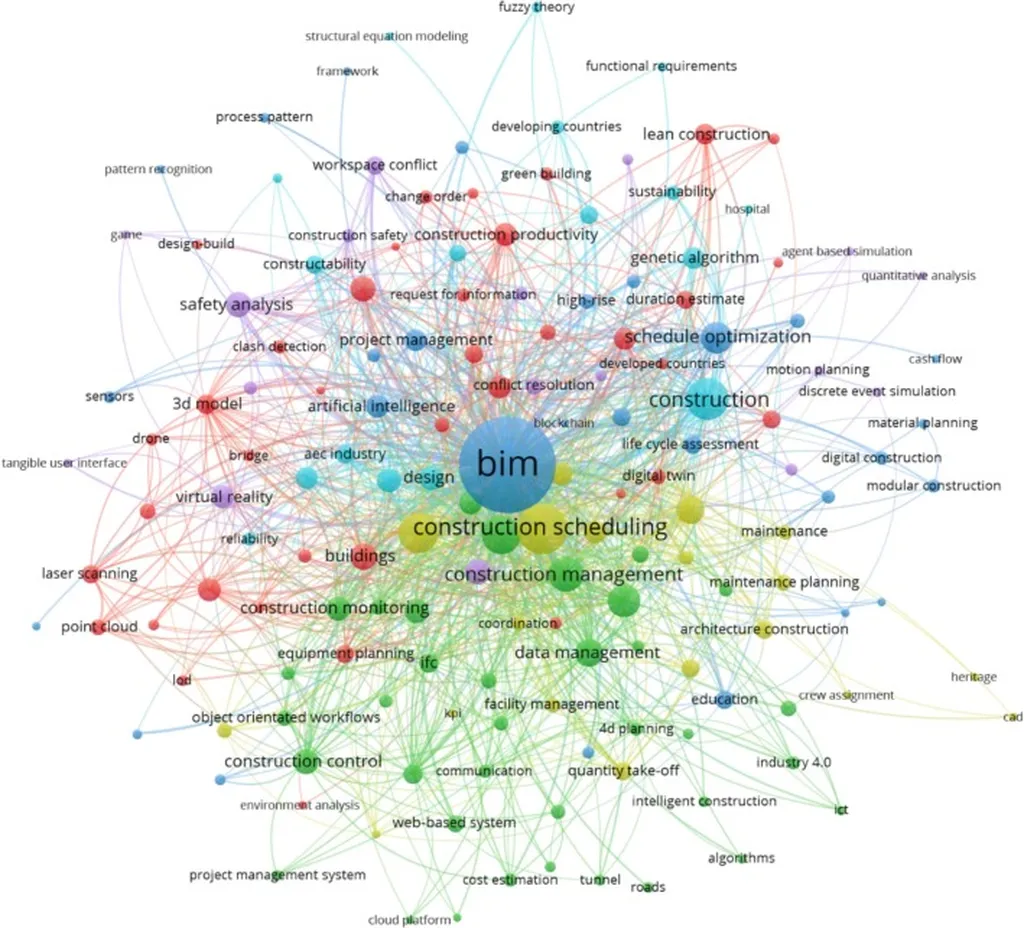In the bustling construction sector of Indonesia’s Maluku Island, a pressing challenge has emerged: contractor failures in the tender process for government projects. A recent study, led by Rusdi Usman Latief from the Department of Civil Engineering at Universitas Hasanuddin, Gowa, Indonesia, has shed light on this issue, offering valuable insights for contractors and policymakers alike. The research, published in the Journal of Engineering and Sustainable Development (Jurnal Rekayasa dan Pembangunan Berkelanjutan), aims to improve the tender process and boost the quality of contractor companies in the region.
The study identified 36 factors that contribute to contractor failure in government construction projects, with four main categories standing out: administrative document evaluation, qualification, technical, and price. “Technical and price evaluation are the most crucial factors,” Latief emphasizes, highlighting the need for contractors to focus on these areas to enhance their tendering strategies.
The findings suggest that contractors often stumble in the technical and price evaluation stages, which can significantly impact their chances of winning tenders. By understanding and addressing these dominant factors, contractors can better prepare their bids, ultimately improving their success rates and contributing to the growth of the construction sector.
The implications of this research extend beyond Maluku Island, offering valuable insights for the broader construction industry, particularly in the energy sector where government projects are prevalent. As Latief notes, “This research is expected to help contractors prepare better strategies in the tender process, especially in terms of technical and price documents.” By doing so, contractors can not only secure more projects but also contribute to the sustainable development of the energy sector.
The study’s findings serve as a wake-up call for contractors to reassess their tendering strategies and focus on the critical factors identified. By doing so, they can enhance their competitiveness, secure more government projects, and contribute to the growth and sustainability of the construction and energy sectors. As the industry continues to evolve, understanding and addressing these factors will be crucial for contractors aiming to thrive in the tendering process.

